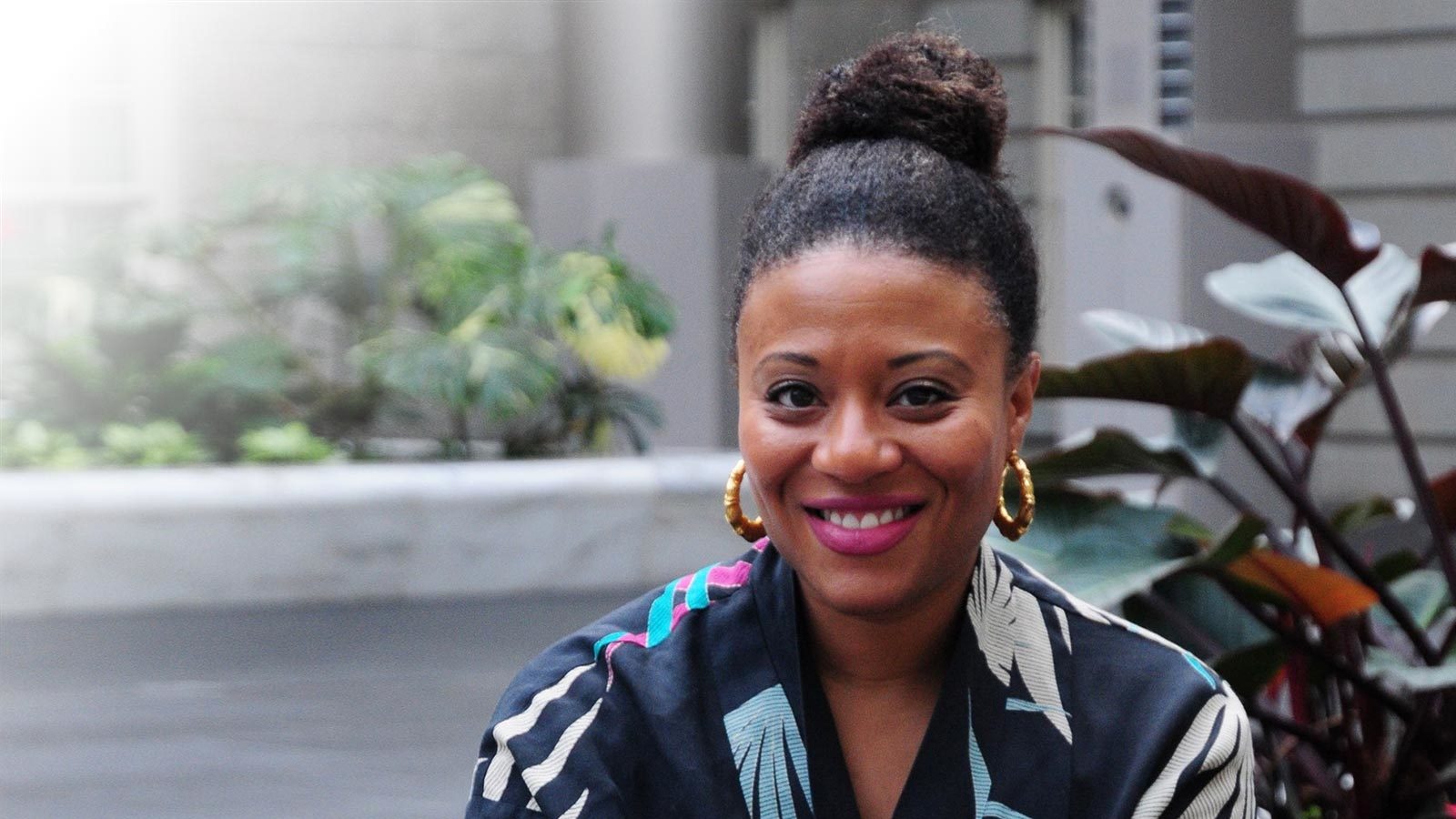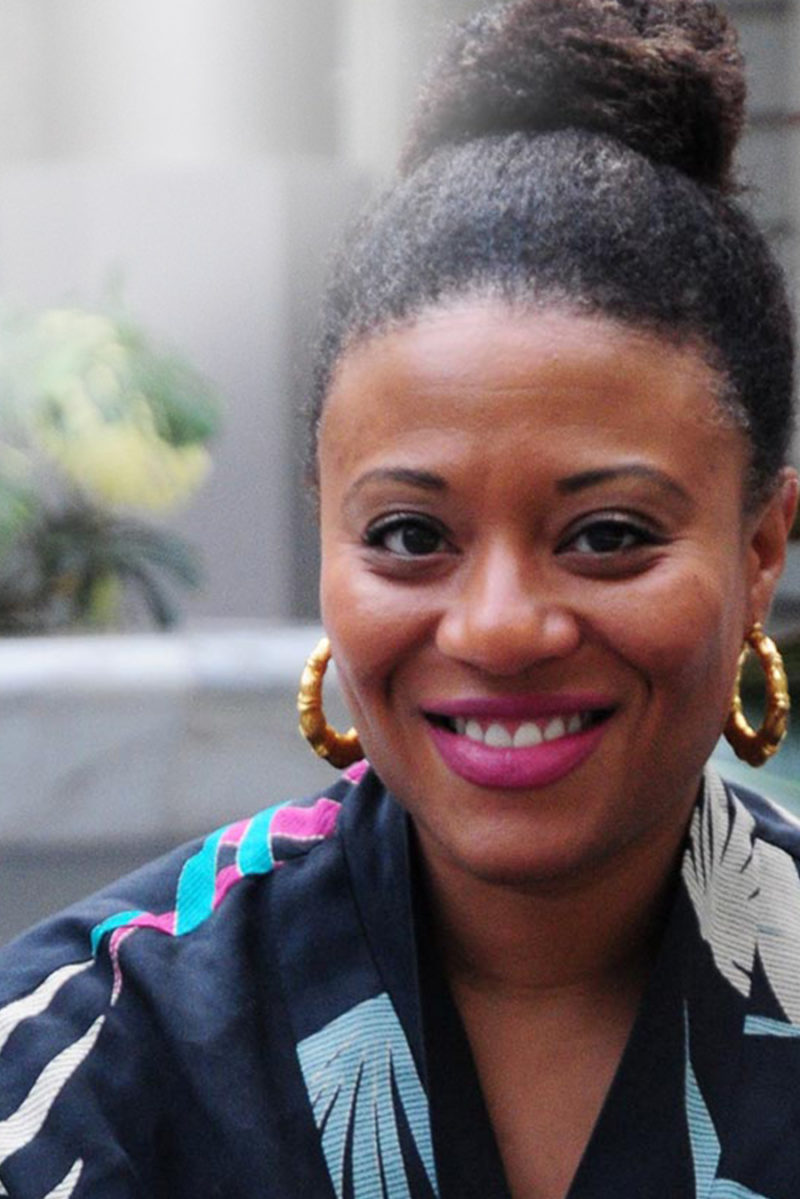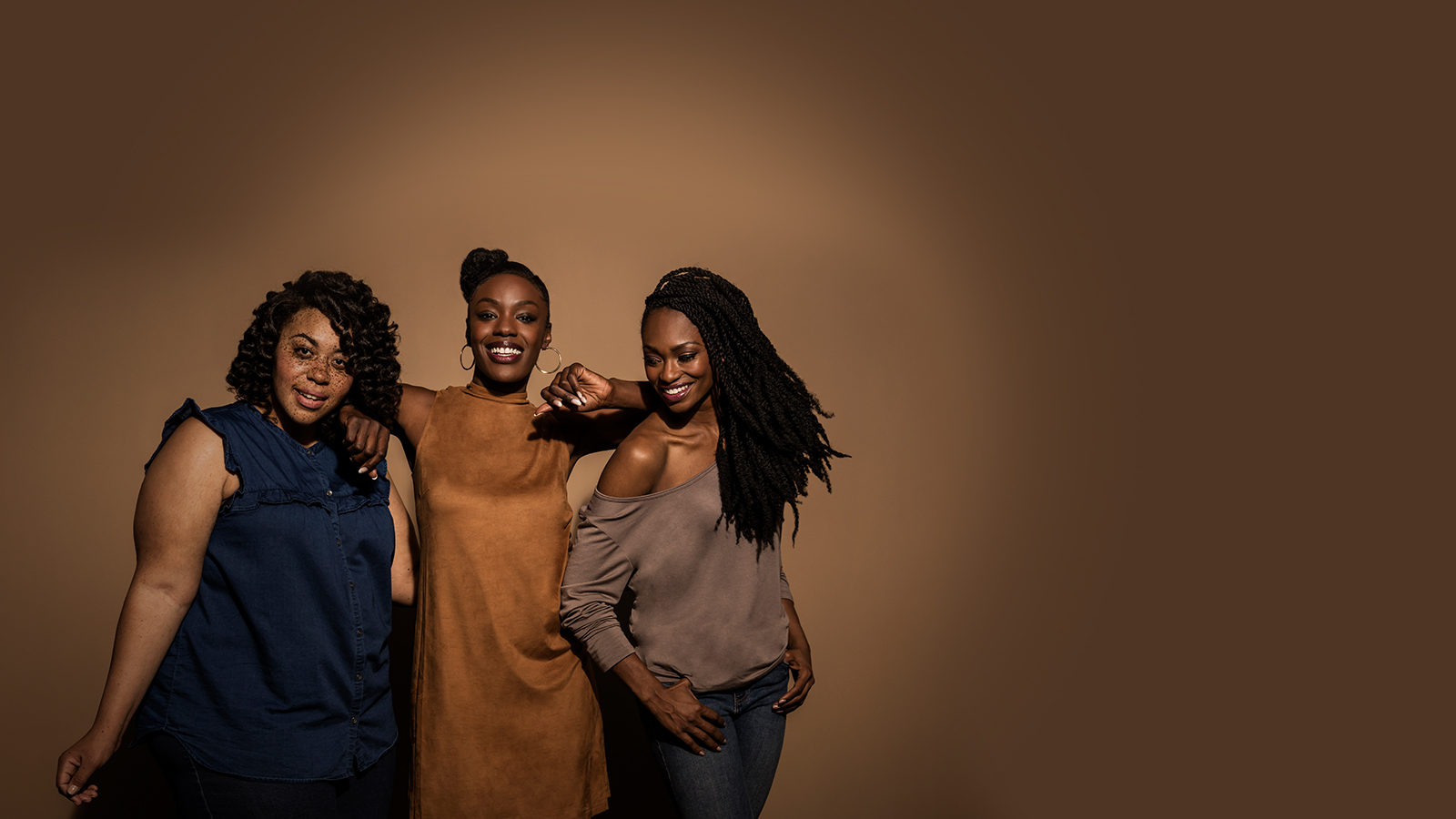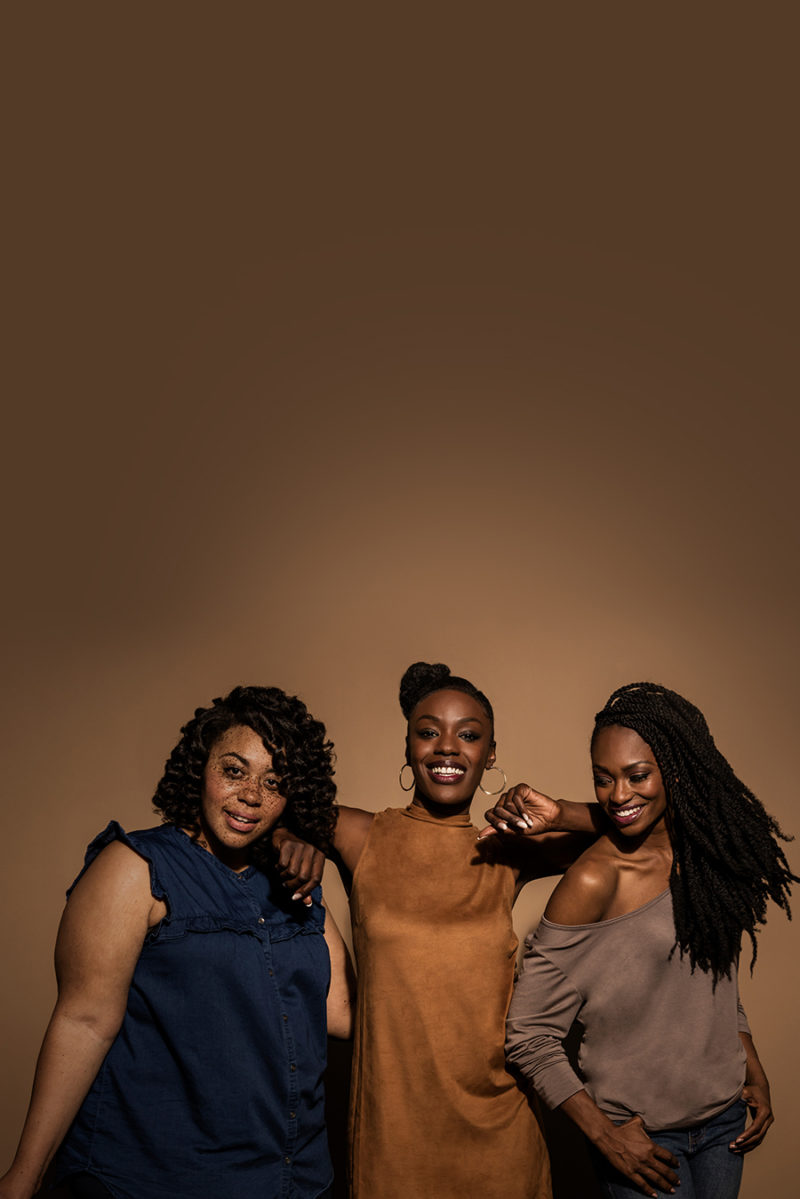“There’s this myth or fear of the pain associated with a mammogram, but it isn’t that bad and it’s usually quick.”
I’ll sing it from the rooftops: don’t play around with your health. I pride myself on being proactive since cancer runs in my family. My paternal aunt, my father’s older sister, had breast cancer. She died about three years ago when she was in her late 60s, and ever since then I’ve been hyper-focused on my own health.
I do it all. I have regular pap-smear examinations and my doctor checks my breasts. I also ask a lot of questions. I’m never afraid to ask plenty of questions.
Being proactive can help you make the most out of your next doctor’s visit.
I’d say I get it from my mom. She has always cared about her health. She’s a former athlete and was also in the military. Paying attention to your body has always been a priority for her — she set that example for us as kids. We always had regular dentist appointments and other regular check-ups. Even after she left the military, there was a moment when we didn’t have health insurance because she was changing jobs, but we still went to the doctor. She incurred the cost. Health is something that means a lot to her, so it’s second nature for me and my younger sister to treat it the same way.
As I approached my 40th birthday, I scheduled my first mammogram. I’m not exaggerating when I say I was excited for it. I went right before my 40th because I didn’t want to wait.
Before I started getting mammograms, if I ever felt anything weird, I would run to the doctor. My family health history is what triggers this for me. Being African-American and knowing how breast cancer affects us, I’ve always been really focused on taking care of my health.
There’s this myth or fear of the pain associated with a mammogram. And sure, it’s uncomfortable, but it’s really a myth. Women think, “Oh, I’m going to be smooshed, and it’s a pain.” It isn’t that bad and it’s usually quick. It is separate from a regular gynecological examination, so it’s one more thing you have to do, but you need to do it. Friends and I talk about it a lot. One of my friends who is 41 has never had a mammogram. When I found out, I kind of ripped into her, like, “Are you kidding me? Go get one!”
What to expect, how to prepare and answers to common questions.
“I’m never afraid to ask plenty of questions.”
Before I went for my first mammogram, I researched the technology and equipment being used. I googled to find out as much as I could. Should I get the 3D digital scan mammograms, or should I get the 2D? Should I pay extra? What’s involved in the technology? Those were some of the questions I needed to answer.
Screening tests find breast cancer early, when the chance of survival is highest.
I ended up going for a 3D digital mammogram. I wanted it all. I guess I’m kind of paranoid because of my family history. It’s been hard to see young people in my family, meaning 50s and 60s, come down with really debilitating illnesses when they could have been prevented or caught earlier. It’s frustrating to me and it’s scary. I’m 42 and I’m not far away from the age when my aunt was diagnosed with cancer.
“You’re not old when you have a mammogram, and it’s not the end of the world. Don’t fear it. Don’t dread it.”
To all young women, I say: get to know your body and get to know your breasts. I think the only reason why I’m so comfortable is because I know what is normal for my breasts and I am confident I would recognize a change. You need to pay attention to your breasts. There are so many cases where women have gone to their doctors with big lumps because they’re not paying attention. They’re just putting on their bras and going about their days, or just not noticing the changes.
It’s also important to find a doctor you’re comfortable with. Don’t be afraid to change doctors. It’s a total pain, but once you find that right doctor who can sit with you and answer all of your questions, it’s invaluable to have that relationship. It’s like dating; you need to find the right person. Don’t stop until you’ve found that doctor.
Try these tips to make sure you get the care you deserve.
Make the commitment. It’s about 30 minutes a year that you’re taking for this mammogram. A lot of young women don’t want to talk about mammograms because it makes them feel old or sound old. Or like they’re not cool. You’re not old when you have a mammogram, and it’s not the end of the world. Don’t fear it. Don’t dread it. Do it.




